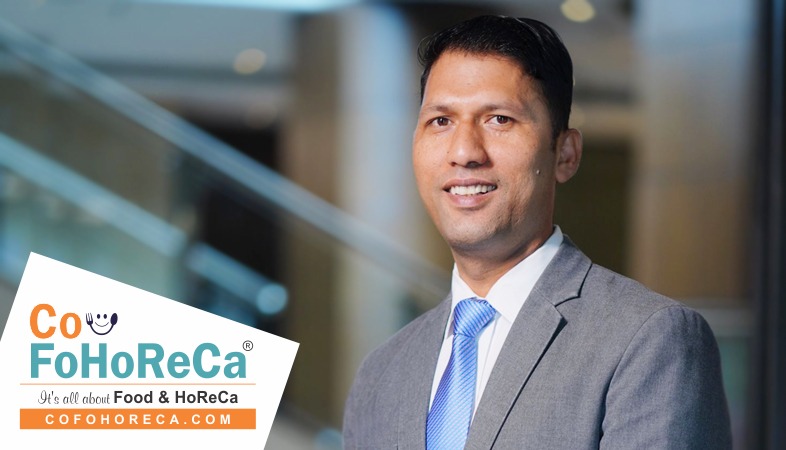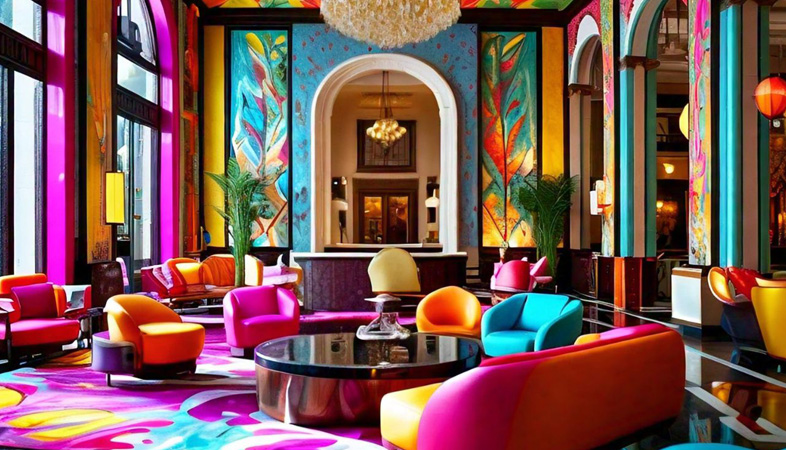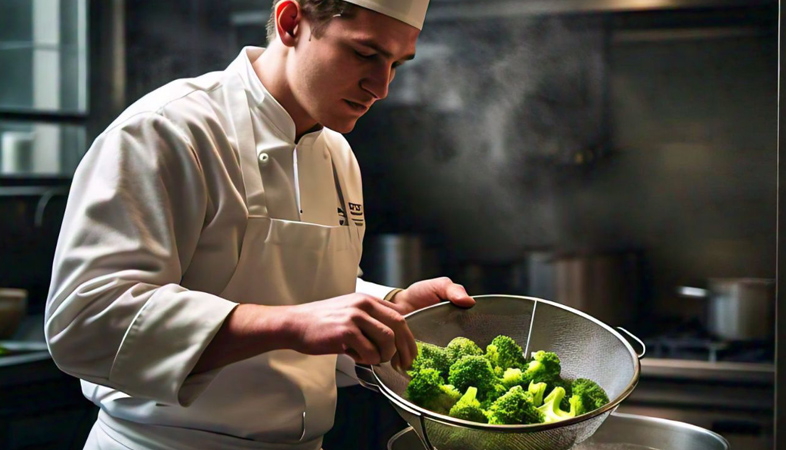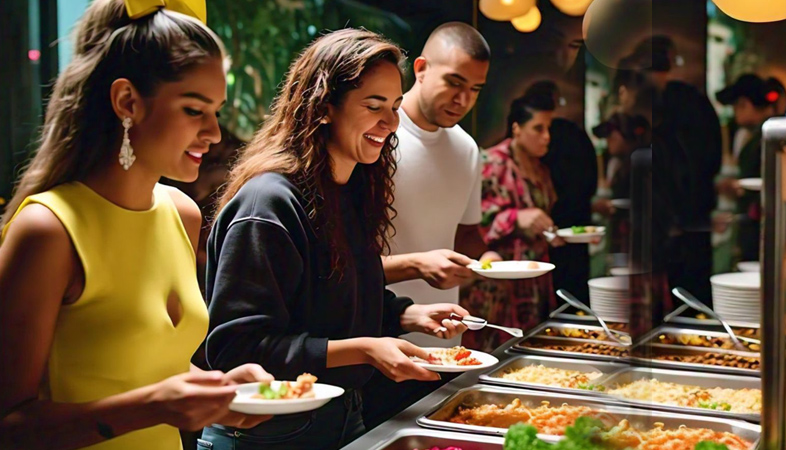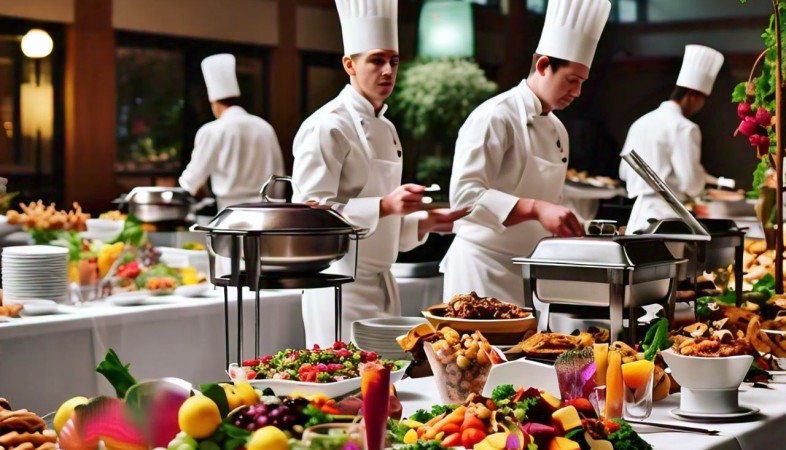The Role of Front Office in Event Planning: Collaborating for Success
Understanding this role is crucial for optimizing event planning processes and ensuring guest satisfaction.
In the dynamic world of hospitality, the front office plays
a pivotal role in event planning, serving as the central hub for guest
relations and operational coordination. As hotels and venues increasingly host
a variety of events, from corporate conferences to weddings, the front office’s
collaboration with other departments becomes essential for delivering a
seamless and memorable experience. Understanding this role is crucial for optimizing
event planning processes and ensuring guest satisfaction.
Front office staff are often the first point of contact for event planners and clients, making their role vital in setting the tone for the entire planning process. This initial interaction establishes a relationship built on trust and communication. By actively listening to clients’ needs and preferences, front office personnel can gather crucial information that guides subsequent planning stages. This includes understanding the event’s purpose, expected attendance, special requirements, and any unique requests from the client. Building rapport at this stage not only fosters a positive relationship but also lays the groundwork for effective collaboration with other departments.
Once the front office has gathered essential details, they must communicate effectively with various internal teams to ensure all aspects of the event align seamlessly. This collaboration is particularly crucial with the sales and catering department, which is responsible for menu selection, room setup, and service delivery. Regular meetings between front office staff and event coordinators can help clarify expectations, define roles, and establish timelines. This proactive approach minimizes misunderstandings and helps ensure that all details are executed according to the client’s vision.
In addition to working with catering and sales, the front office must also collaborate closely with housekeeping and maintenance teams. A well-coordinated effort ensures that event spaces are prepared to meet the client’s specifications. For instance, if an event requires specific room arrangements or audiovisual setups, the front office needs to relay this information promptly to the relevant departments. Ensuring that the event space is clean, organized, and equipped with the necessary tools and resources is critical to creating a positive experience for attendees.
Effective communication extends beyond internal collaboration; it also involves keeping clients informed throughout the planning process. The front office should provide regular updates on the status of arrangements, answer any questions, and address any concerns that may arise. This transparency builds confidence in clients and reassures them that their event is in capable hands. Additionally, offering recommendations based on previous events can enhance the client’s planning experience and help them make informed decisions.
During the event itself, the front office staff plays a crucial role in monitoring logistics and guest satisfaction. They are responsible for checking in attendees, ensuring that everything runs smoothly, and addressing any last-minute issues that may arise. By maintaining a visible presence, front office personnel can promptly respond to guest inquiries and concerns, contributing to a positive atmosphere. This level of engagement demonstrates the hotel’s commitment to excellence and enhances the overall experience for guests and event planners alike.
Post-event collaboration is equally important, as it allows for evaluation and feedback. The front office should communicate with clients to gather insights on their experiences, addressing any areas for improvement. This feedback loop not only helps refine future event planning processes but also strengthens relationships with clients, encouraging them to return for future events.
Moreover, the role of the front office in event planning extends to marketing efforts. By leveraging the insights gained from client interactions, front office staff can assist in promoting the hotel as an ideal venue for future events. Highlighting successful events and testimonials can attract new clients and reinforce the hotel’s reputation within the community.
In conclusion, the front office serves as a critical player in the event planning process, facilitating collaboration between various departments and ensuring a successful outcome. By establishing strong relationships with clients, communicating effectively with internal teams, and maintaining a focus on guest satisfaction, front office staff can elevate the overall event experience. As the hospitality industry continues to evolve, recognizing and enhancing the role of the front office in event planning will be essential for driving success and fostering long-lasting client relationships. In a world where every detail counts, the front office’s commitment to excellence will undoubtedly leave a lasting impression on guests and event planners alike. **The Role of Front Office in Event Planning: Collaborating for Success**
In the dynamic world of hospitality, the front office plays a pivotal role in event planning, serving as the central hub for guest relations and operational coordination. As hotels and venues increasingly host a variety of events, from corporate conferences to weddings, the front office’s collaboration with other departments becomes essential for delivering a seamless and memorable experience. Understanding this role is crucial for optimizing event planning processes and ensuring guest satisfaction.
Front office staff are often the first point of contact for event planners and clients, making their role vital in setting the tone for the entire planning process. This initial interaction establishes a relationship built on trust and communication. By actively listening to clients’ needs and preferences, front office personnel can gather crucial information that guides subsequent planning stages. This includes understanding the event’s purpose, expected attendance, special requirements, and any unique requests from the client. Building rapport at this stage not only fosters a positive relationship but also lays the groundwork for effective collaboration with other departments.
Once the front office has gathered essential details, they must communicate effectively with various internal teams to ensure all aspects of the event align seamlessly. This collaboration is particularly crucial with the sales and catering department, which is responsible for menu selection, room setup, and service delivery. Regular meetings between front office staff and event coordinators can help clarify expectations, define roles, and establish timelines. This proactive approach minimizes misunderstandings and helps ensure that all details are executed according to the client’s vision.
In addition to working with catering and sales, the front office must also collaborate closely with housekeeping and maintenance teams. A well-coordinated effort ensures that event spaces are prepared to meet the client’s specifications. For instance, if an event requires specific room arrangements or audiovisual setups, the front office needs to relay this information promptly to the relevant departments. Ensuring that the event space is clean, organized, and equipped with the necessary tools and resources is critical to creating a positive experience for attendees.
Effective communication extends beyond internal collaboration; it also involves keeping clients informed throughout the planning process. The front office should provide regular updates on the status of arrangements, answer any questions, and address any concerns that may arise. This transparency builds confidence in clients and reassures them that their event is in capable hands. Additionally, offering recommendations based on previous events can enhance the client’s planning experience and help them make informed decisions.
During the event itself, the front office staff plays a crucial role in monitoring logistics and guest satisfaction. They are responsible for checking in attendees, ensuring that everything runs smoothly, and addressing any last-minute issues that may arise. By maintaining a visible presence, front office personnel can promptly respond to guest inquiries and concerns, contributing to a positive atmosphere. This level of engagement demonstrates the hotel’s commitment to excellence and enhances the overall experience for guests and event planners alike.
Post-event collaboration is equally important, as it allows for evaluation and feedback. The front office should communicate with clients to gather insights on their experiences, addressing any areas for improvement. This feedback loop not only helps refine future event planning processes but also strengthens relationships with clients, encouraging them to return for future events.
Moreover, the role of the front office in event planning extends to marketing efforts. By leveraging the insights gained from client interactions, front office staff can assist in promoting the hotel as an ideal venue for future events. Highlighting successful events and testimonials can attract new clients and reinforce the hotel’s reputation within the community.
The front office serves as a critical player in the event planning process, facilitating collaboration between various departments and ensuring a successful outcome. By establishing strong relationships with clients, communicating effectively with internal teams, and maintaining a focus on guest satisfaction, front office staff can elevate the overall event experience. As the hospitality industry continues to evolve, recognizing and enhancing the role of the front office in event planning will be essential for driving success and fostering long-lasting client relationships. In a world where every detail counts, the front office’s commitment to excellence will undoubtedly leave a lasting impression on guests and event planners alike.
.png)





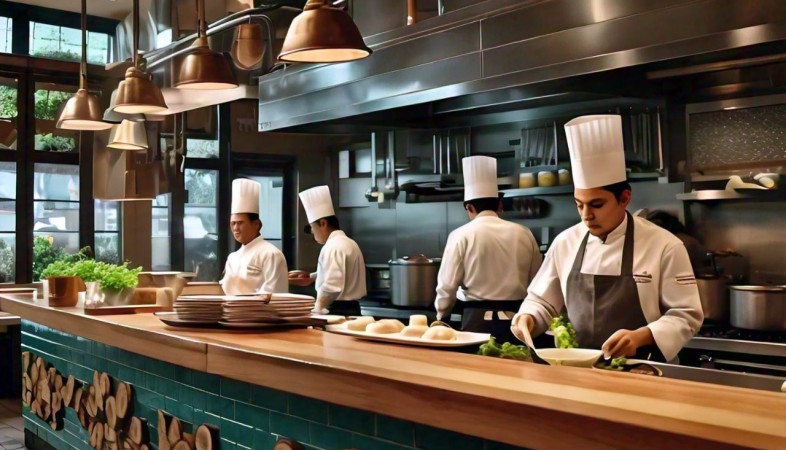
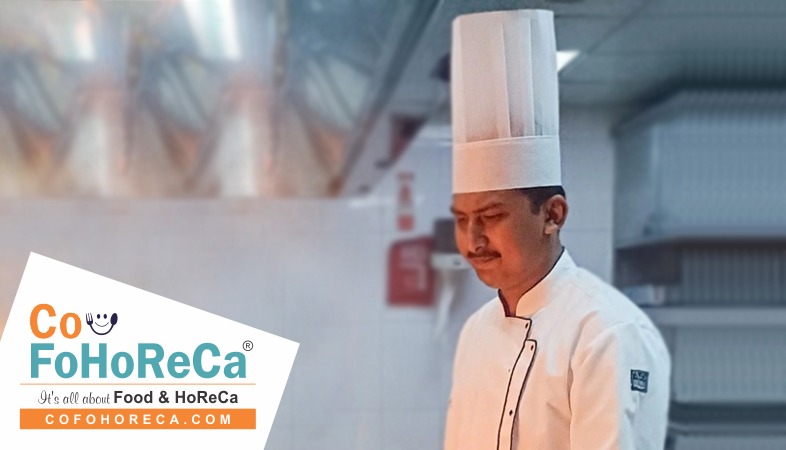


 as Manager Fire & Safety.jpeg)
